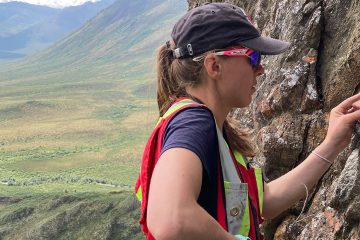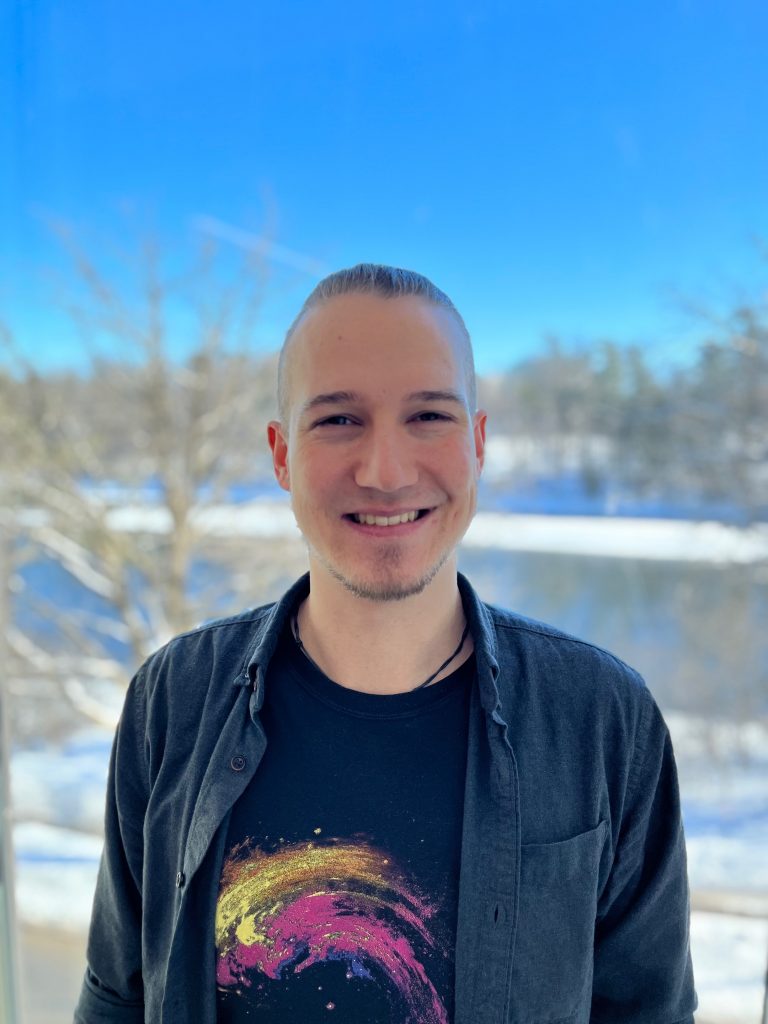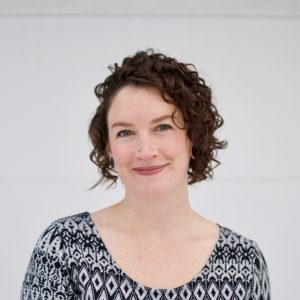Alexandre Chiasson will be presenting the next NSERC PermafrostNet seminar on Variation in the morphology of permafrost peatlands across the transition from continuous to discontinuous permafrost, central Mackenzie Valley.
Date: 19 April 2023
Time: 12:00-13:00 Eastern Time
Location: Zoom (details are posted in our Teams site).
Alexandre’s work focuses on peatland morphological variations through the transition from continuous to discontinuous permafrost in the central Mackenzie Valley, Northwest Territories and will specifically highlight the unique characteristics of dendritic peat plateaus (DPPs). Using statistical, remote-sensing, and mapping analyses, Alexandre will explore the differences in peatland morphology and how these peatland landforms responses have changed over time depending on a combination of climatic factors and environment settings. This webinar promises to provide valuable insights into the fascinating world of peatlands by highlighting new peat plateau landforms and their responses to global warming.




















